The new free speech law aiming to end ‘wokery’ and ‘cancel culture’
Critics of human rights legislation reform warn that ministers ‘risk aligning themselves with authoritarian regimes’
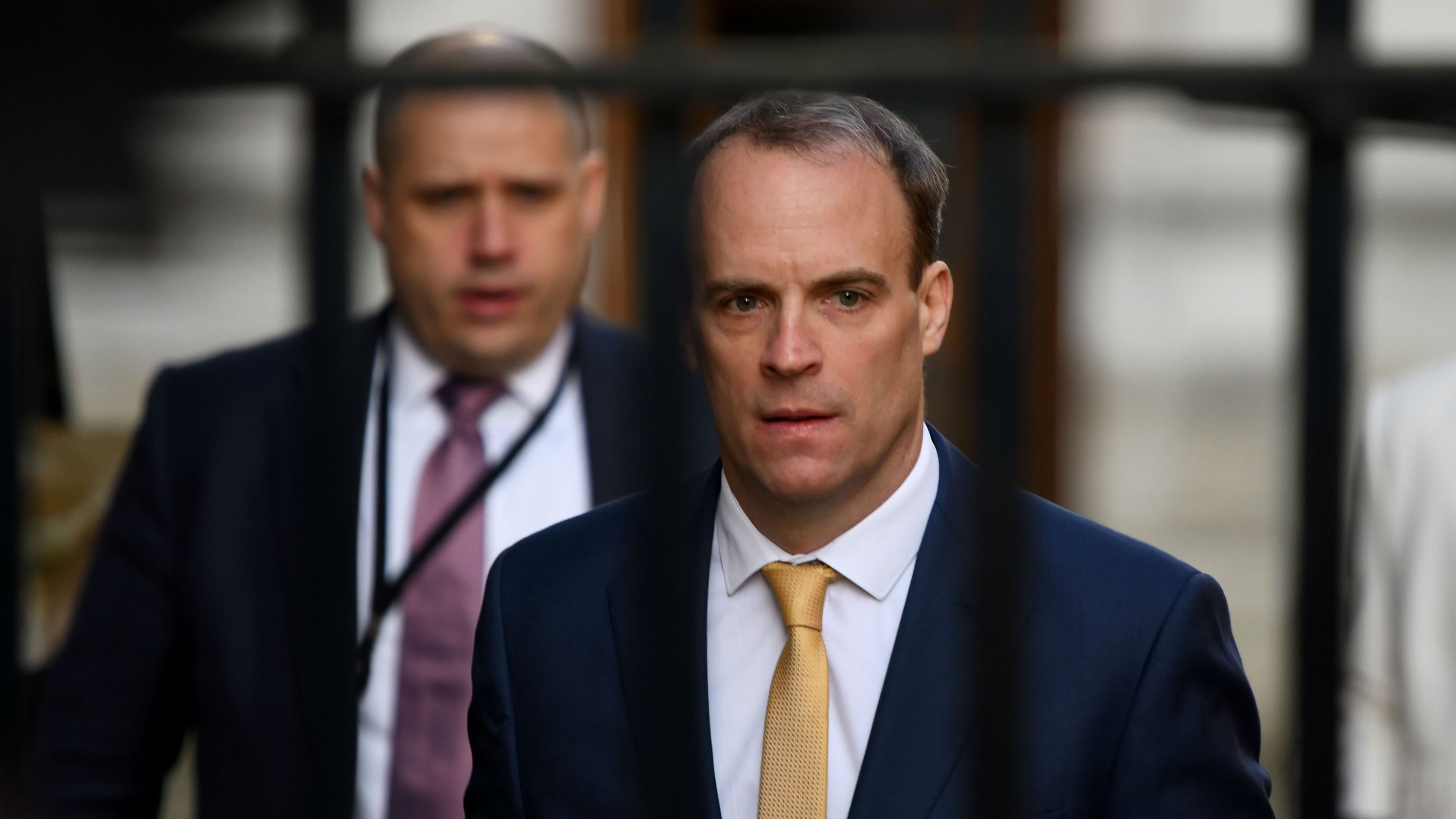
A free daily email with the biggest news stories of the day – and the best features from TheWeek.com
You are now subscribed
Your newsletter sign-up was successful
Dominic Raab has been accused of a “blatant” and “unashamed power grab” as he prepares to outline significant reforms of human rights laws that he said will counter “wokery and political correctness”.
The justice secretary said the overhaul of existing legislation will protect the “quintessentially British” right to freedom of expression, giving existing protections “extra weight” amid concerns they are being undermined by the rise of “cancel culture”.
Writing in The Telegraph, Attorney General Suella Braverman said the proposed changes to the Human Rights Act would “strengthen” the right to freedom of expression and “preserve space for wide and vigorous democratic debate”.
The Week
Escape your echo chamber. Get the facts behind the news, plus analysis from multiple perspectives.

Sign up for The Week's Free Newsletters
From our morning news briefing to a weekly Good News Newsletter, get the best of The Week delivered directly to your inbox.
From our morning news briefing to a weekly Good News Newsletter, get the best of The Week delivered directly to your inbox.
She added: “We propose that the Bill should make clear the utmost importance attached to this right and that in balancing competing rights the courts should only interfere with it where there are exceptional reasons to do so.”
Politico’s London Playbook said that the announcement from the Ministry of Justice is a “big one”, adding that in practice it “means the UK remains a party to the ECHR [European Court of Human Rights] but the Supreme Court has the final say”.
The proposals for a new bill of rights aim to make clear that free speech is “pre-eminent”, the Daily Mail said, and stress that parliament is the “ultimate decision maker on legislation – not judges”.
The government is concerned that parliament’s role as the “authoritative voice on British law” has been “blurred” by judges, the paper continued. Ministers have voiced concerns that the influence of the European Convention on Human Rights, agreed in 1951, “has been expanded far beyond what was originally intended”.
A free daily email with the biggest news stories of the day – and the best features from TheWeek.com
The paper cited a legal case between the Duchess of Sussex and the Mail on Sunday, in which the Court of Appeal upheld a High Court decision that the Duchess had a “reasonable expectation of privacy” over a letter written to her estranged father, Thomas Markle.
Lawyers and media experts said the ruling set a “dangerous precedent” by extending the right of privacy to benefit the “rich and powerful”.
Supporters of the government’s plans have pointed to the recent row at Durham University, where Professor Tim Luckhurst, a journalist and academic, was barred from public duties for five weeks and is being investigated after he criticised students who walked out during a speech by journalist Rod Liddle.
But The Guardian said the “highly controversial” reforms amount to a “sweeping overhaul of human rights law” that will serve to “change the balance between freedom of expression and privacy”.
Amnesty International led the protests, saying human rights were not “sweets” ministers can “pick and choose from” and that the “aggressive” attempt to “roll-back” the laws must be stopped.
Amnesty chief executive Sacha Deshmukh told Sky News that ministers “risk aligning themselves with authoritarian regimes around the world” if the legislation is passed.
Martha Spurrier, director at Liberty, told the broadcaster that the plans are “a blatant, unashamed power grab from a government that wants to put themselves above the law”, adding that although the legislation is being cast as an attempt at “strengthening our rights”, they will “be fatally weakened”.
-
 Political cartoons for February 15
Political cartoons for February 15Cartoons Sunday's political cartoons include political ventriloquism, Europe in the middle, and more
-
 The broken water companies failing England and Wales
The broken water companies failing England and WalesExplainer With rising bills, deteriorating river health and a lack of investment, regulators face an uphill battle to stabilise the industry
-
 A thrilling foodie city in northern Japan
A thrilling foodie city in northern JapanThe Week Recommends The food scene here is ‘unspoilt’ and ‘fun’
-
 Should Britain withdraw from the European Convention on Human Rights?
Should Britain withdraw from the European Convention on Human Rights?Talking Point With calls now coming from Labour grandees as well as Nigel Farage and the Tories, departure from the ECHR 'is starting to feel inevitable'
-
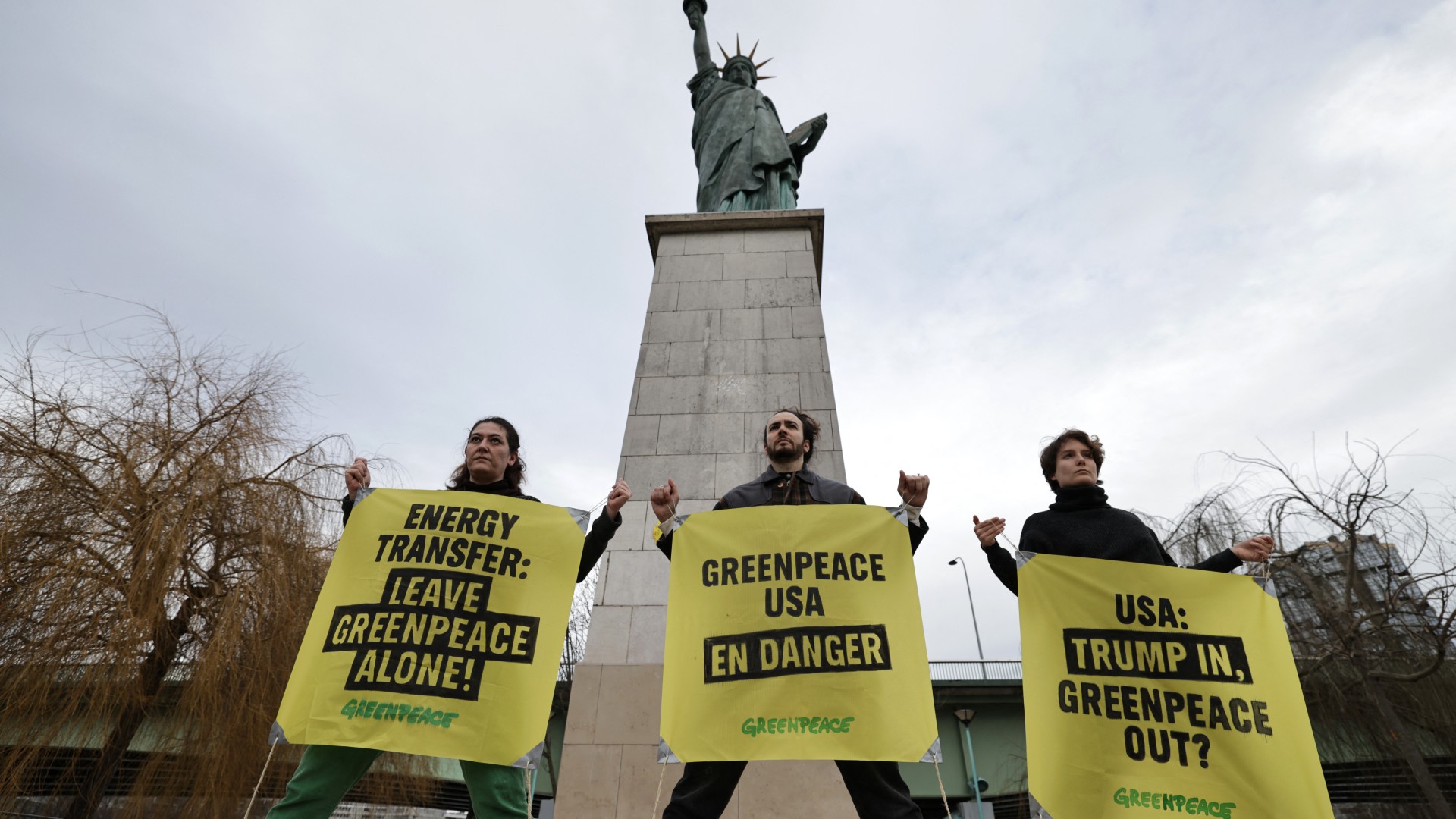 $300M lawsuit against Greenpeace has environmentalists on edge
$300M lawsuit against Greenpeace has environmentalists on edgeIn the spotlight The organization says the future of advocacy and free speech is at risk
-
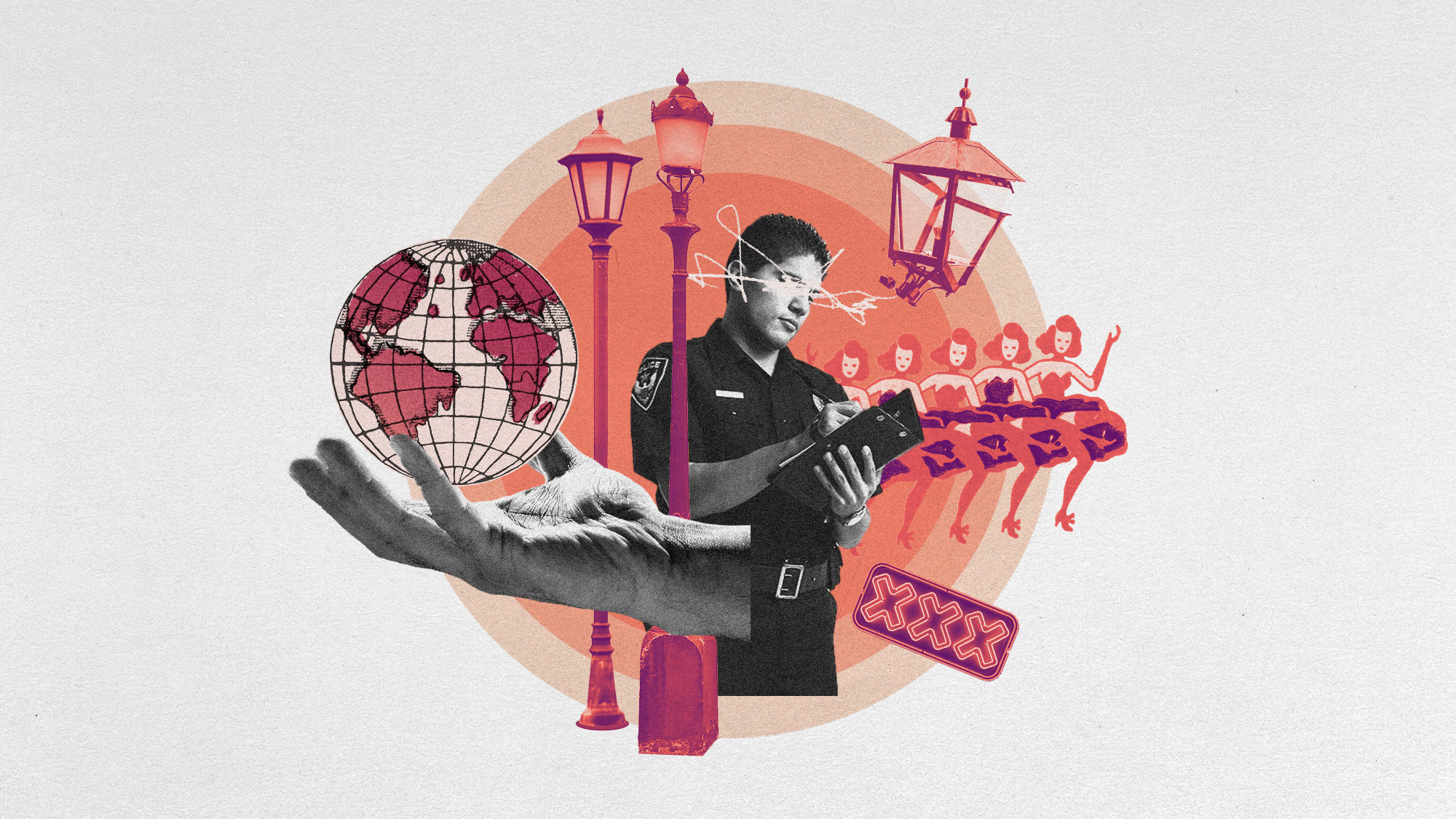 The state of sex work legalization around the world
The state of sex work legalization around the worldIn Depth The world's oldest profession has come a long way, but some say it is not enough
-
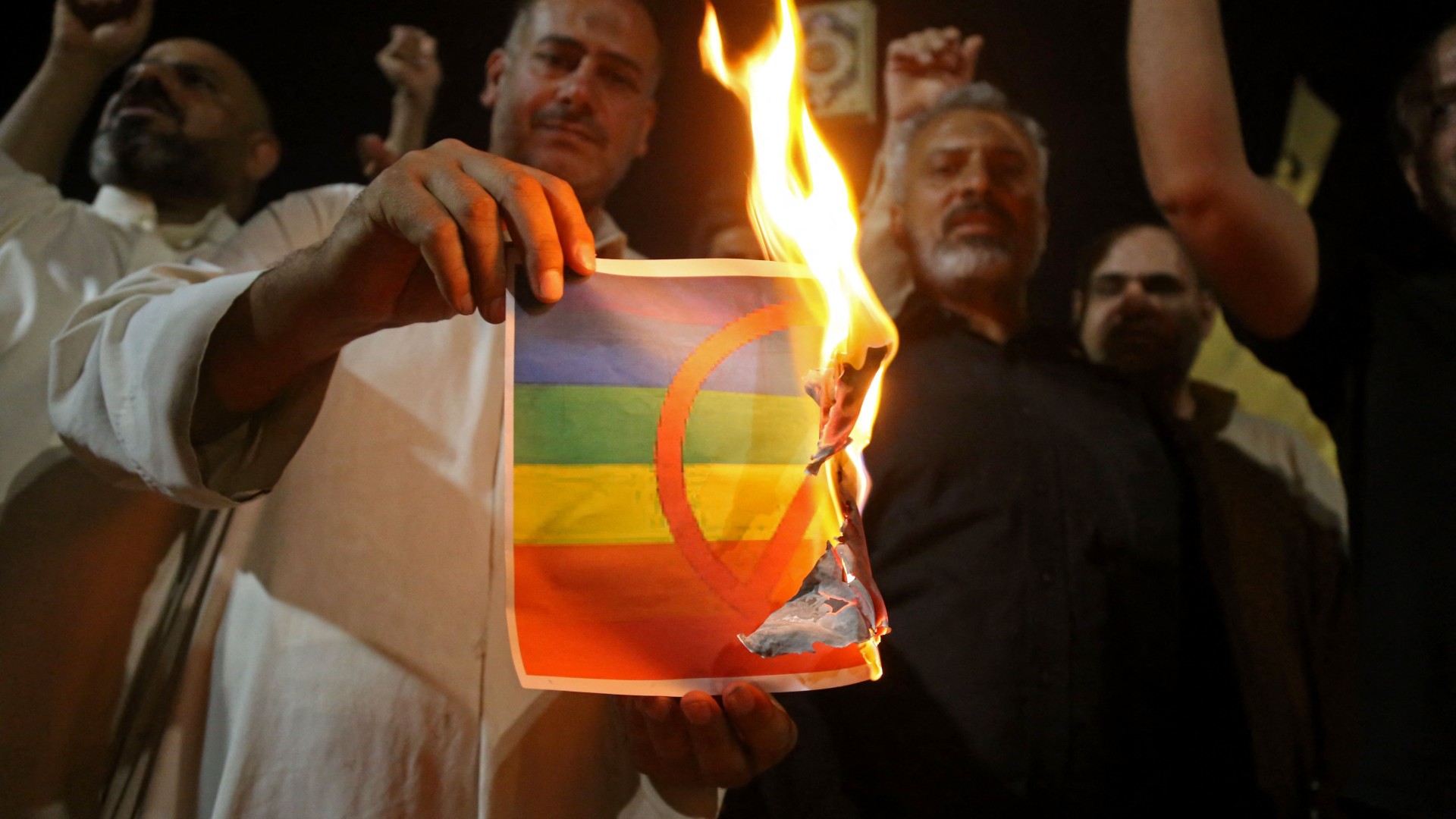 LGBTQ+ rights in Iraq: how morality laws ramped up
LGBTQ+ rights in Iraq: how morality laws ramped upThe Explainer Same-sex relationships and gender reassignment surgery are now criminalised in latest attack on targeted community
-
 Whole-life sentences: when life in prison actually means life
Whole-life sentences: when life in prison actually means lifefeature Lucy Letby becomes only fourth woman in UK to receive country’s harshest penal punishment
-
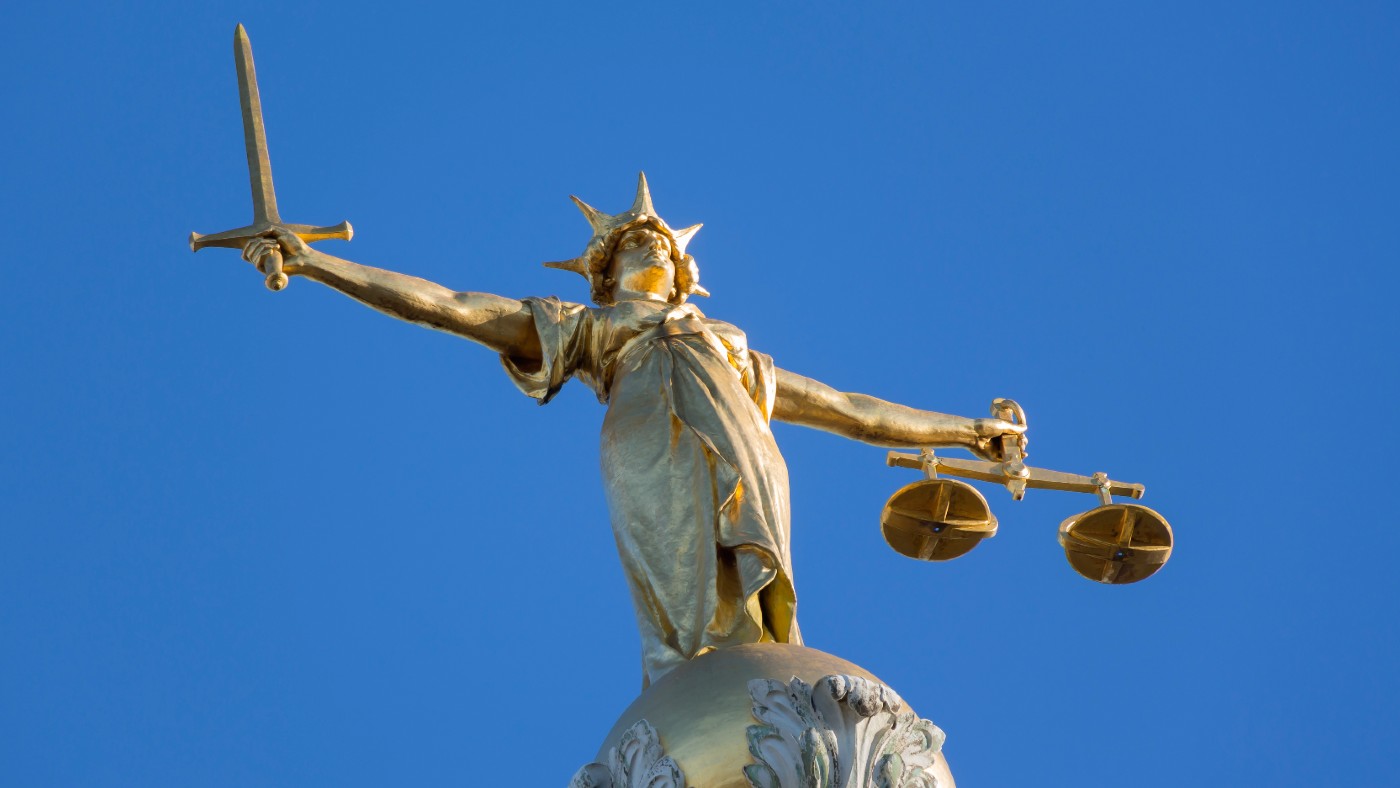 What’s causing the ‘chaos’ in the UK criminal justice system?
What’s causing the ‘chaos’ in the UK criminal justice system?Today's Big Question Shortage of prison cells and real-terms pay cut for solicitors has increased talk of ‘crisis’
-
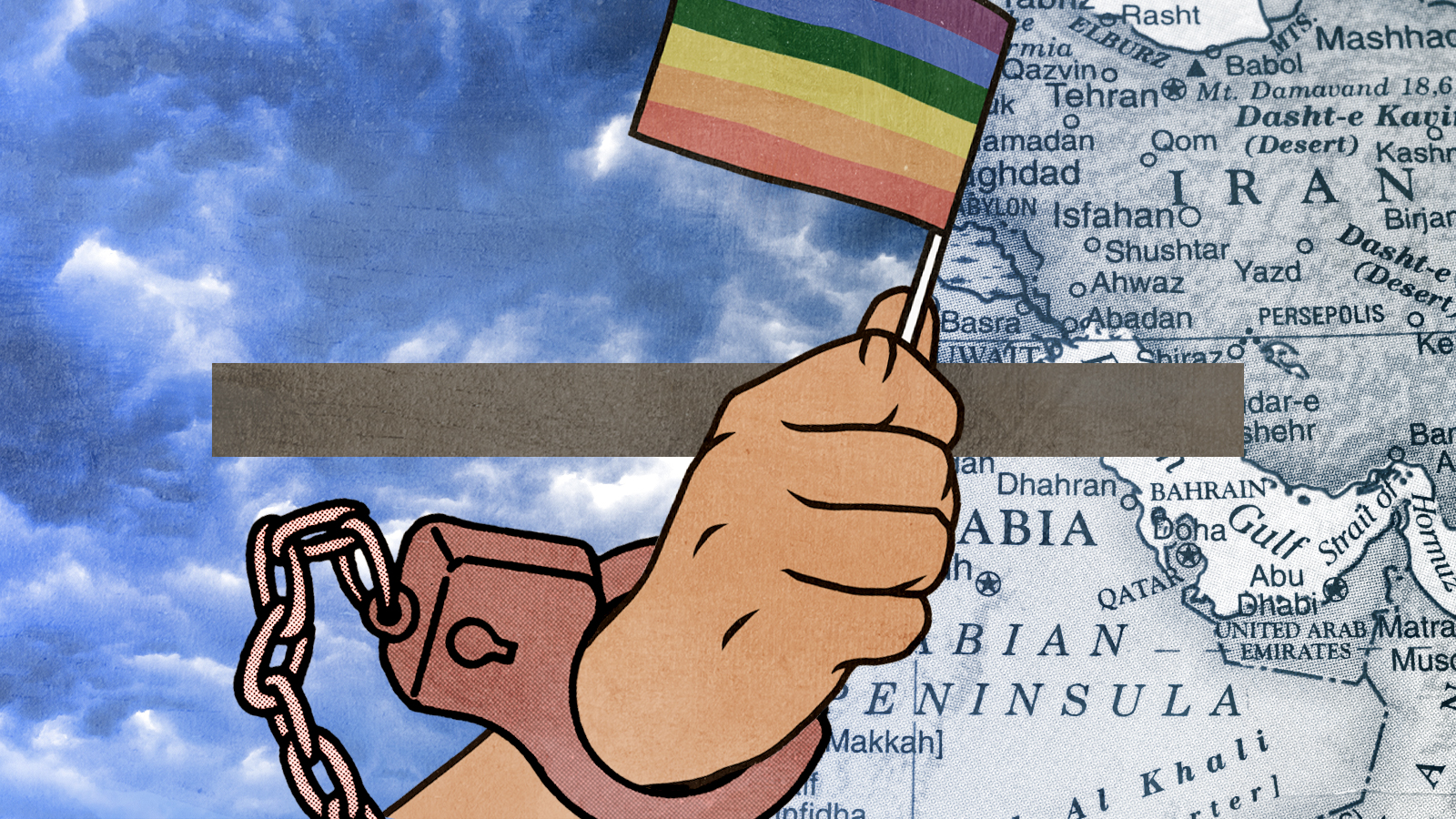 The dangers faced by LGBTQ people in the Middle East
The dangers faced by LGBTQ people in the Middle EastSpeed Read Why do so many Middle Eastern countries have anti-LGBTQ laws, and what can be done to make a change?
-
 The crisis in Haiti, explained
The crisis in Haiti, explainedSpeed Read Calls for foreign intervention have mounted as the island nation's situation has deteriorated